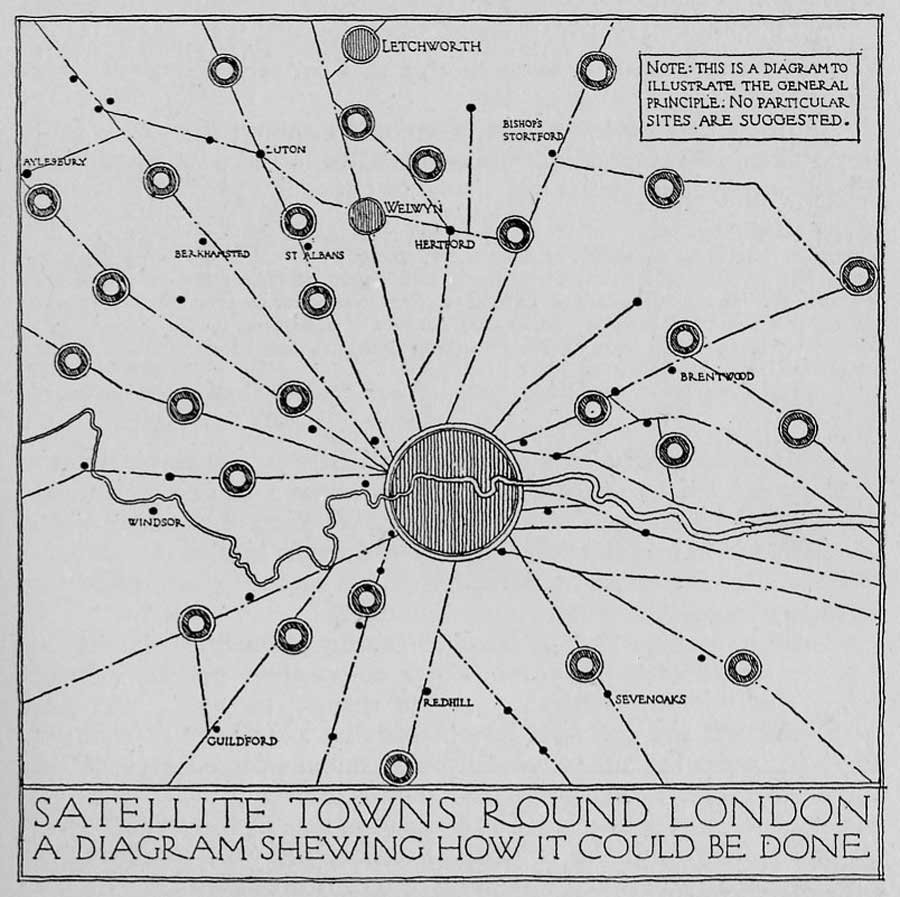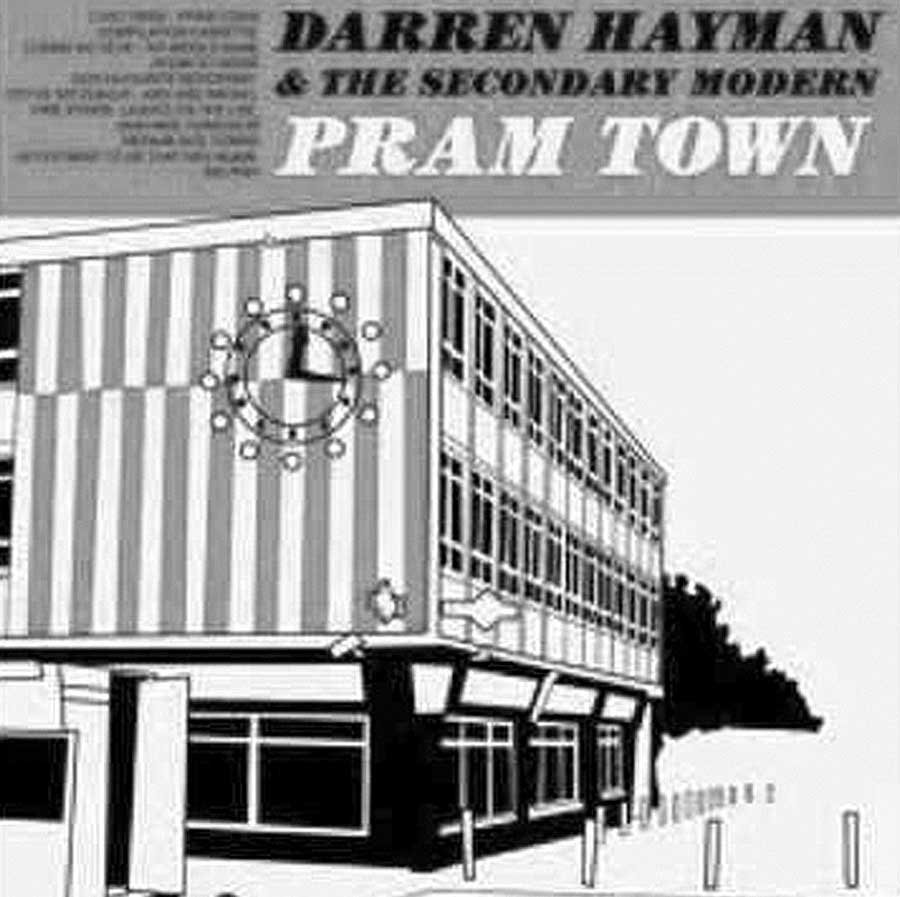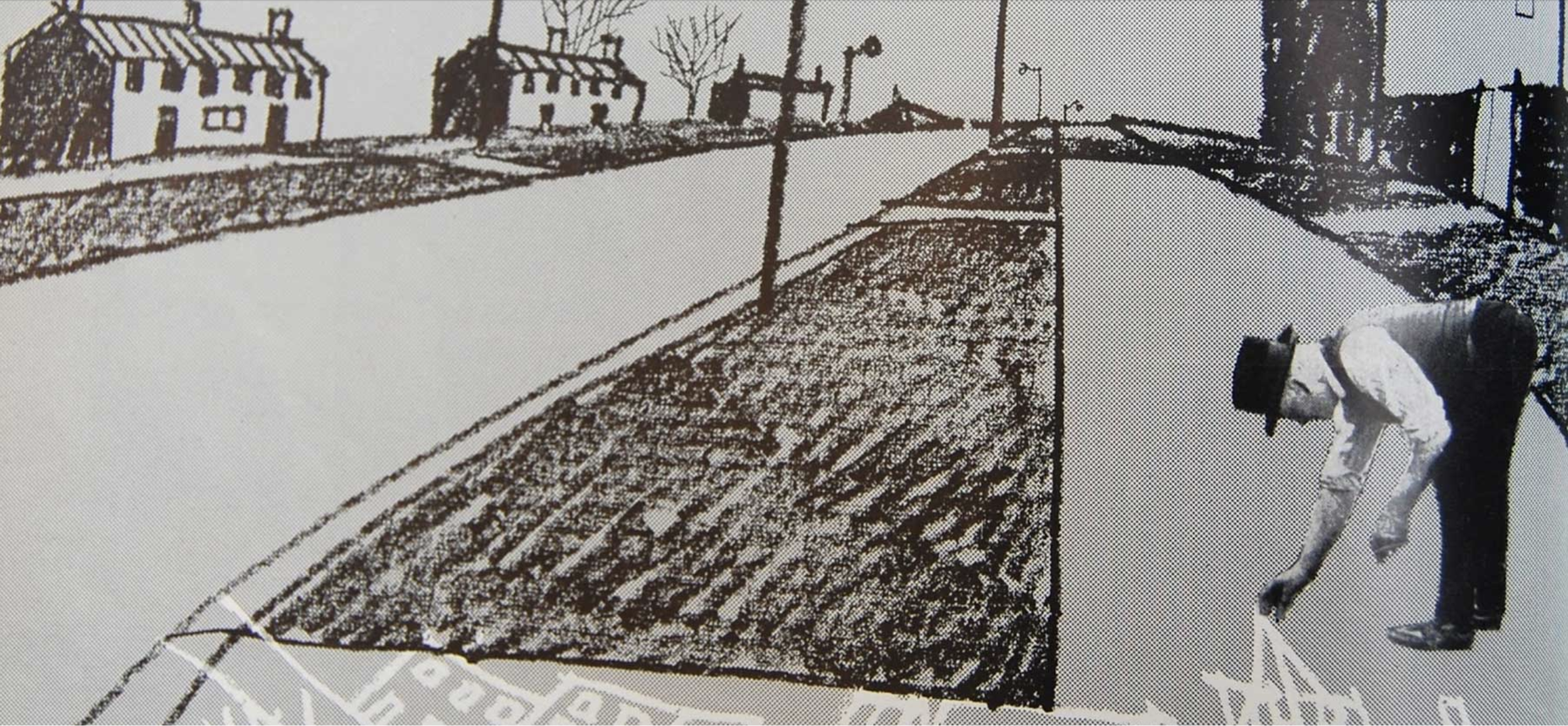reinventing the british new town
Across 22 British New Towns
Type | Collaborative Doctorate (CDA) funded by the Arts and Humanities Research Council (AHRC)
Client | Academic Research
Status | Completed April 2016
Collaboration | The Architecture Foundation & Bartlett School of Planning (UCL)
Publication | A New Town, New Town Utopia (New Town Utopia: 2018)
Throughout the twentieth century, England has had a chronic problem of housing supply that persists to this day. In an attempt to manage it, philanthropists, policymakers and politicians have directed planning policies and legislation to build new planned communities: Ebenezer Howard’s town/country magnet; New Labour’s sustainable communities and, the Coalition government’s initiatives in delivering locally-led garden cities. This resulted in planning being trapped between political ideology and problems of housing supply. To examine this tension, the New Towns programme provides an important example of how goal-driven planning policy was used during the period 1946-1976 to address housing supply.
This research focuses on the first wave (Mark 1) of New Towns built as ‘balanced communities for working and living’ between 1946-1955 in Southeast England, to decentralise London’s population and industry.
The project provides a different appraisal to the New Towns programme and makes a critical contribution to the meta-discourse of building new communities. A narrative-led approach is employed in investigating two Mark 1 New Towns: Harlow and Hemel Hempstead. Perspectives of original New Town pioneers as well as planners and officials working in development corporations and local authorities have been collected and analysed for a hitherto undocumented experience of planning, building, managing, and living in New Towns.
The findings of this project provide not only valuable scholarship on New Towns, but also reinforces their contemporary relevance to the continued pursuit of building new communities in England.










